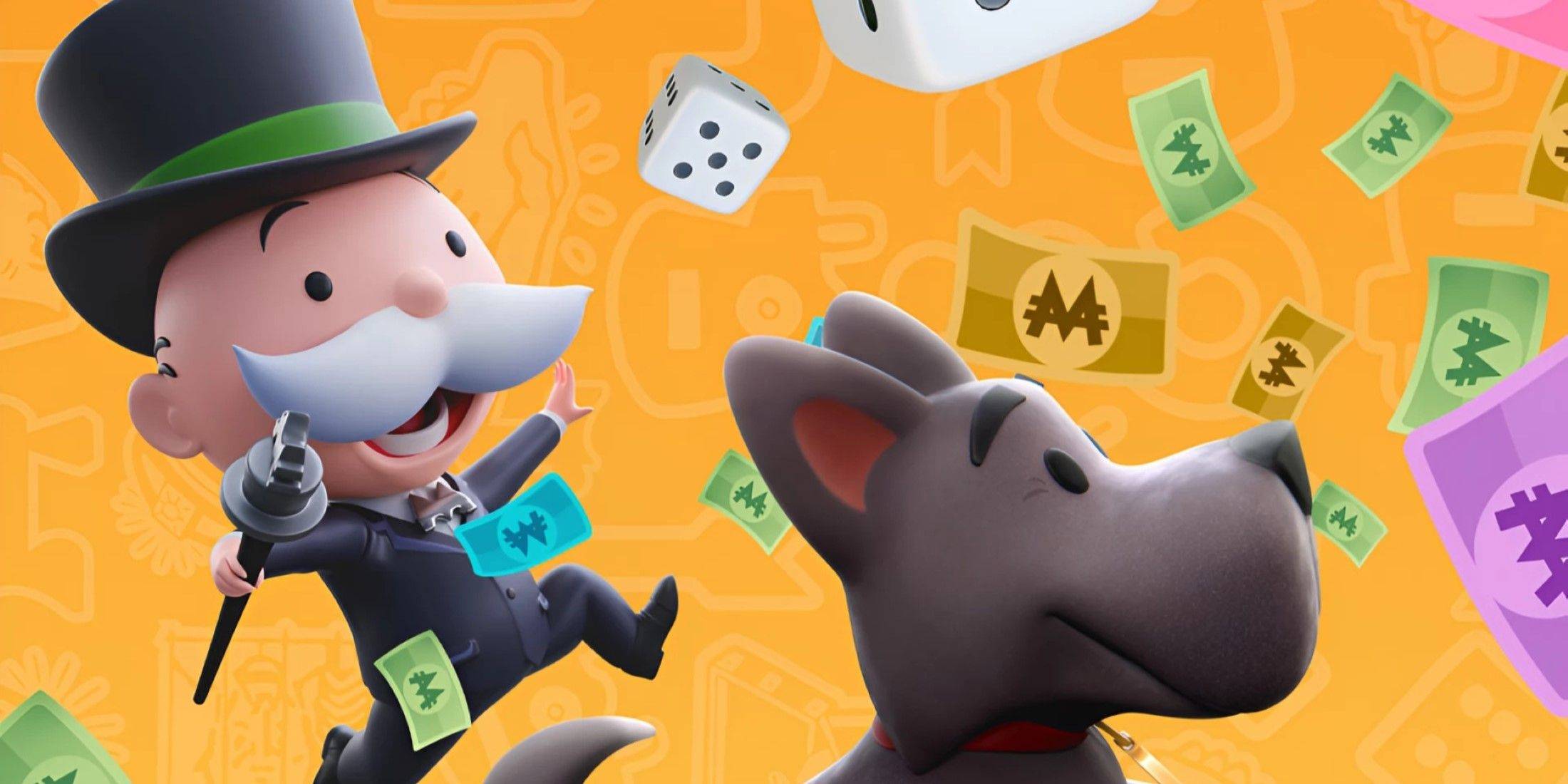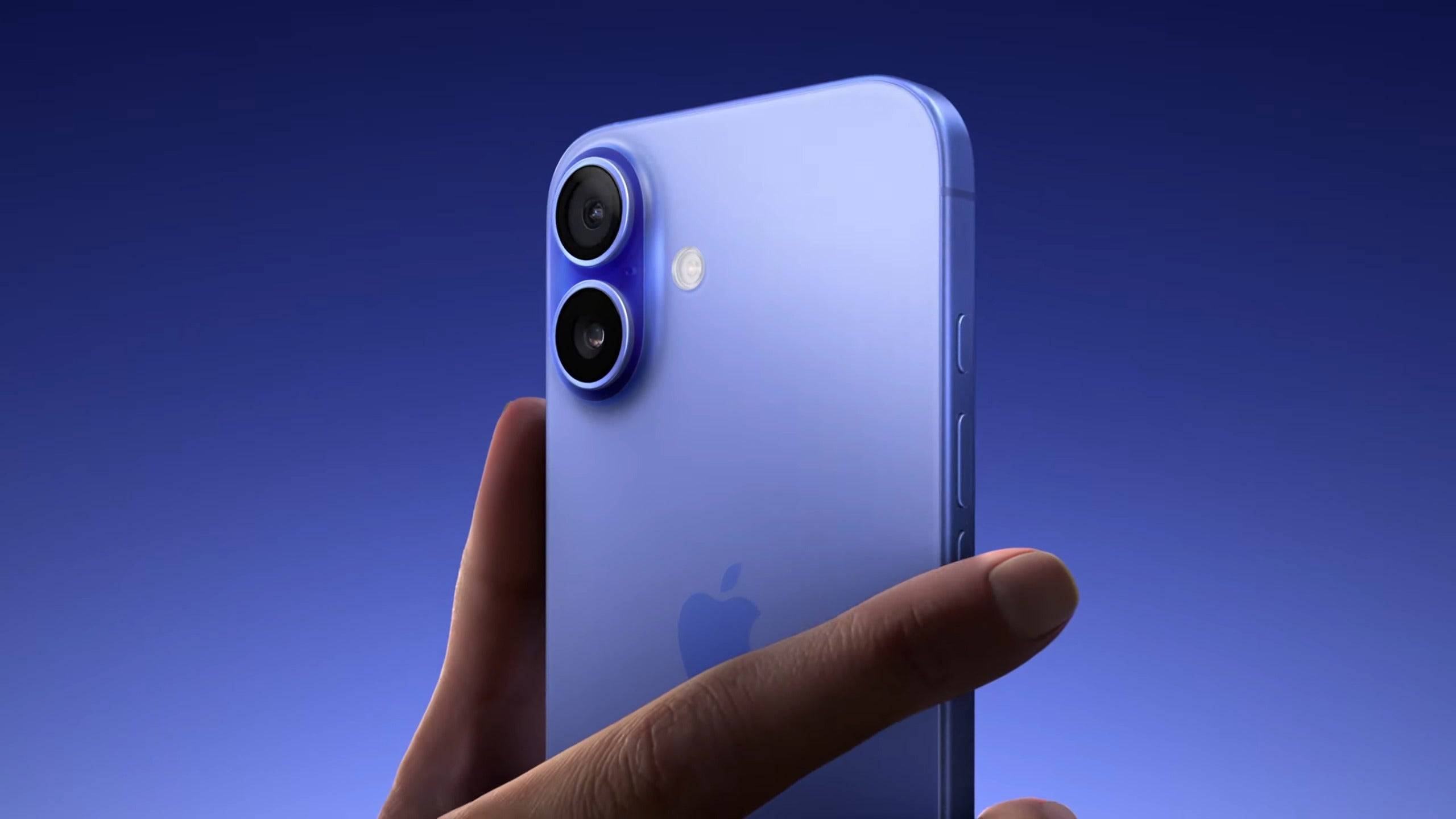Teen Invests $25k in Snap-Up Monopoly Property

Monopoly GO's Microtransactions: A $25,000 Cautionary Tale
A recent incident highlights the financial risks associated with in-app purchases in mobile games. A 17-year-old reportedly spent a staggering $25,000 on Monopoly GO microtransactions, underscoring the potential for significant, unintended spending. While the game is free-to-play, its reliance on microtransactions for progression has led to numerous similar complaints.
This isn't an isolated case. One player confessed to spending $1,000 before uninstalling the app. However, the $25,000 expenditure reported on Reddit by a stepparent seeking advice dwarfs previous accounts. The post, since deleted, detailed 368 individual purchases made through the App Store. Unfortunately, many commenters suggested the game's terms of service likely hold the user responsible for all purchases, regardless of intent. This practice is common in freemium games, a model that generated $208 million for Pokemon TCG Pocket in its first month alone.
The Controversy Surrounding In-Game Spending
This Monopoly GO incident adds to the ongoing debate surrounding in-game microtransactions. The practice has faced considerable criticism, with lawsuits filed against companies like Take-Two Interactive (for NBA 2K) over their microtransaction models. While this specific case may not reach litigation, it underscores the widespread frustration caused by these systems.
The industry's reliance on microtransactions is understandable; they generate substantial revenue (Diablo 4 saw over $150 million in microtransaction spending). The strategy of encouraging small, incremental purchases is far more effective than requesting a single large payment. However, this same feature also contributes to the criticism: the system can easily lead to significantly higher overall spending than users initially intend.
The Reddit user's experience serves as a stark warning. The likelihood of a refund appears low, highlighting the need for caution and awareness when engaging with games employing this monetization model. This case underscores the potential for significant financial consequences from seemingly innocuous in-app purchases.
-
Fruit Ninja Classic+ Welcomes an Iconic Canine Guest StarThe beloved Australian cartoon dog Bluey and his family are slicing their way into Fruit Ninja Classic+ for a special crossover event that brings the animated series' charm to the classic fruitAuthor : Hunter Dec 21,2025
-
Naughty Dog studio head Neil Druckmann has confirmed that besides Intergalactic: The Heretic Prophet, the team is developing a second, unannounced title.During an appearance on the Press X to Continue podcast, Druckmann outlined his current responsibAuthor : Patrick Dec 20,2025
-
 Run Power PamplonaDownload
Run Power PamplonaDownload -
 3DigitGoldDownload
3DigitGoldDownload -
 Sliding WordsDownload
Sliding WordsDownload -
 Space Justice: Galaxy WarsDownload
Space Justice: Galaxy WarsDownload -
 Offline Mini Games All in OneDownload
Offline Mini Games All in OneDownload -
 Solitario PiramideDownload
Solitario PiramideDownload -
 Magic Blocks: Puzzle DropdomDownload
Magic Blocks: Puzzle DropdomDownload -
 Hitomi's Sick PleasureDownload
Hitomi's Sick PleasureDownload -
 Barber Shop - Simulator GamesDownload
Barber Shop - Simulator GamesDownload -
 Move-it! Charades (Mexa-se!)Download
Move-it! Charades (Mexa-se!)Download
- Wuthering Waves: Uncover the Secrets of Whisperwind Haven's Palette
- Mastering Two-Handed Weapons in Elden Ring: A Guide
- Roblox Simulator Codes: Unlock Exclusive Rewards!
- Top 25 Palworld Mods to Enhance Your Game
- Ultimate Guide to Shinigami Progression in Hollow Era
- Karl Urban Debuts as Johnny Cage in Mortal Kombat 2












